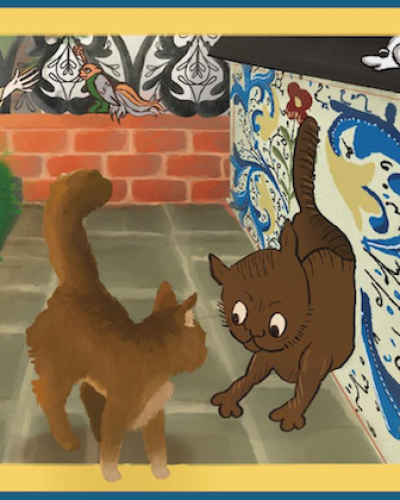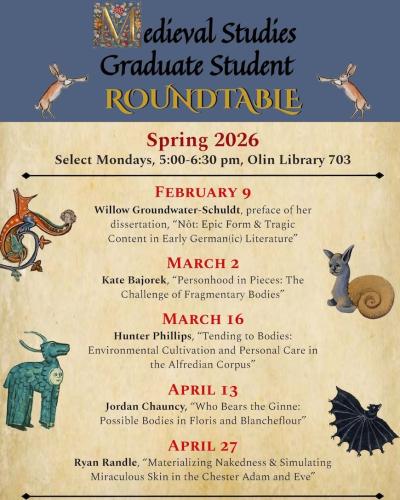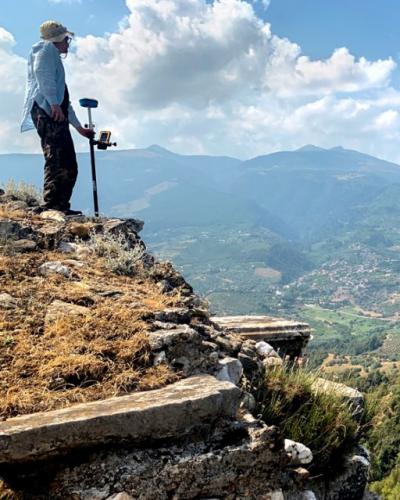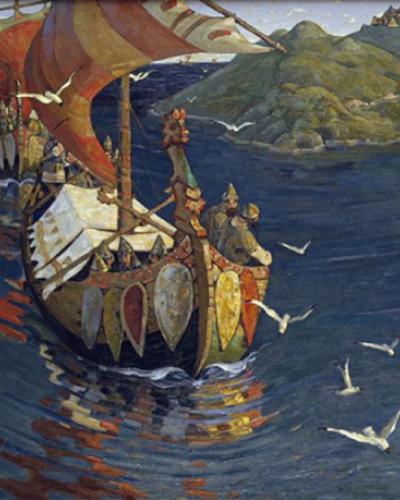As one of Cornell’s first Viking Studies minors (yes, it exists; no, I don’t walk around wearing a horned helmet), I’d be remiss if I didn’t talk about a class I took called “Of Ice and Men: Masculinities in the Medieval North.” Cross-listed with Medieval studies; history; and feminist, gender & sexuality studies, it’s an unforgettable experience, and one I think is indicative of Cornell as a university.
When we think about Vikings, I’m sure we’re all picturing ferocious warriors, renowned for their battle prowess — the pillaging type. The manly men. We’re probably not imagining a particularly deep-thinking society. Yet with the texts we’ve studied in this class, we’ve started to question those stereotypes. We’re looking at these manly men and realizing that they too had feelings. And that maybe they didn’t particularly like being manly men all that much, because being manly pretty much meant you were going to die. How do you navigate through a society that’s probably going to get you killed? Very precariously (and often unsuccessfully), as we’ve learned.
But beyond the content of the class itself lies the form. If you had told me as a first-year student that a biology major and a history major and a German studies major and an FGSS major could all be in the same room at the same time discussing "Beowulf," I wouldn’t have believed you. And if you said we would all be trying to apply "Beowulf" to Judith Butler’s "Gender Trouble," I’d start to laugh. Nevertheless, you could find us every Tuesday and Thursday in Rockefeller 187 doing just that — and having fun doing it. Because we weren’t being lectured at. We weren’t being told the answer before we even asked the question. We were coming up with the questions ourselves, and doing our best to answer them ourselves.
And regardless of whether you’re interested in "Masculinities in the Medieval North" or not, the magic of Cornell is that a class like this—a class that brings together such a diverse group of individuals with such a variety of academic backgrounds—has a place on campus.





